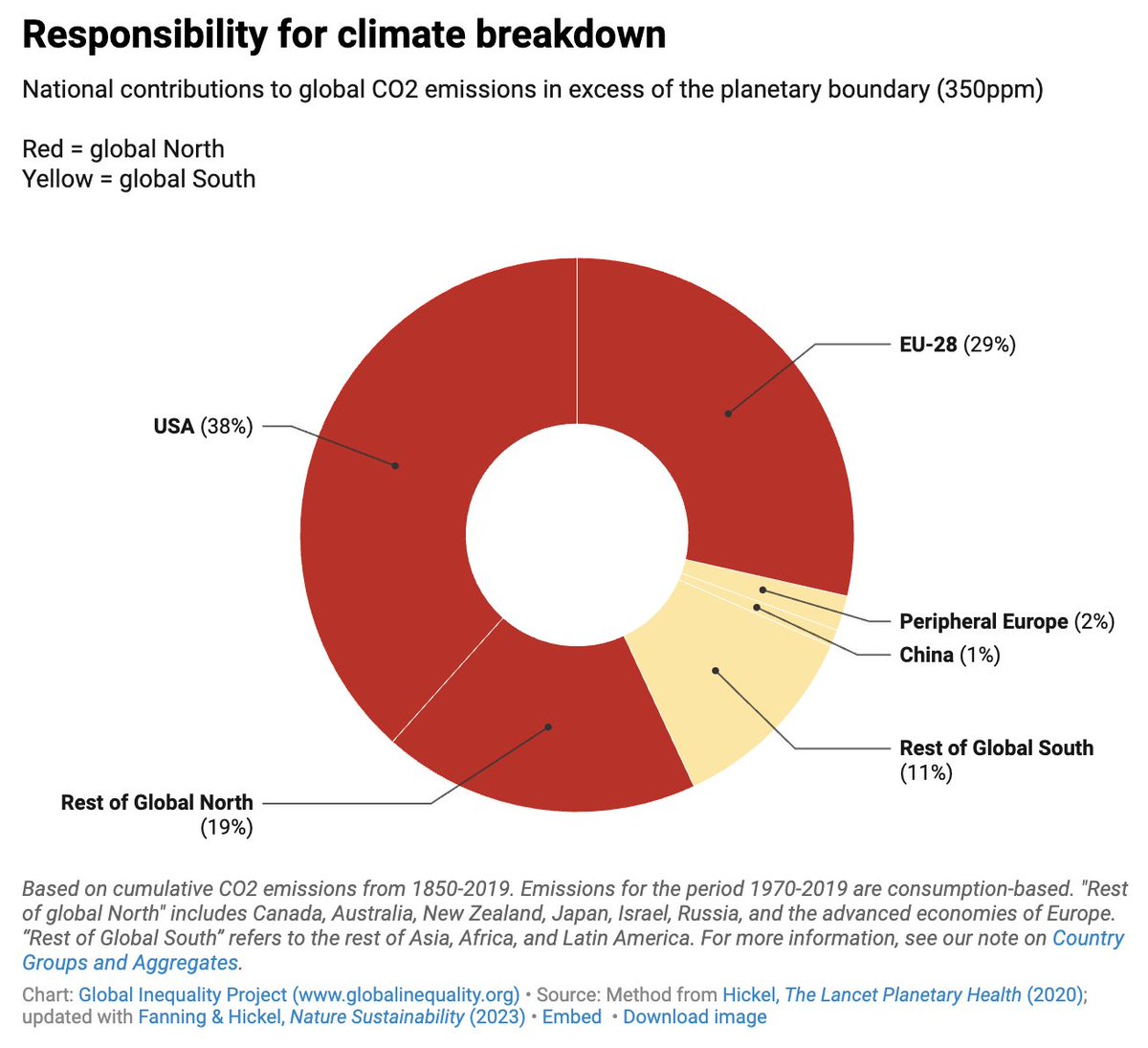1/ Check out this new article on global poverty, by Steve Knauss. It questions the narrative that the fall in the number of people living on less than $2/day really reflects a reduction in poverty and a shift toward the "global middle class". See thread. tandfonline.com/eprint/RnyfYrh…
2/ The argument is that movement of people over the $2/day line coincides with a singular historical period of mass de-peasantization - a shift from rural subsistence to urban slums. What we might call "poverty reduction by dispossession."
3/ So the question is: does their new petty income from the informal sector compensate for their loss of rural land, livestock, etc? It is not clear that it does. Therefore, we cannot say that this is a straightforward narrative of "progress" - at least not in all regions.
4/ We cannot assume (as the dominant narrative does) that this trajectory of rising incomes will be sustained at the same rate into the future. For that to happen, you need formal employment and labour organizing to put upward pressure on wages. There is little evidence of this.
5/ It is more likely that this "jump" over the $2/day line is a one-off historical event, generated by a form of neoliberal globalization that by its very nature generates precarity and precludes the conditions for continued income gains.
6/ But it varies by region. In Sub-Saharan Africa and South Asia, de-peasantization has produced a mass surplus population with no prospects. In China and Latin America, state policy has helped prevent this, allowing workers to consolidate some gains.
7/ And a final reminder: the definition of "global middle class" ($10/day) is miserly and obscene. It is equivalent to what $10/day buys in the US, which is one-third of the poverty line there and one-eighth of a full-time minimum wage. What would Orwell say? #Newspeak
• • •
Missing some Tweet in this thread? You can try to
force a refresh









